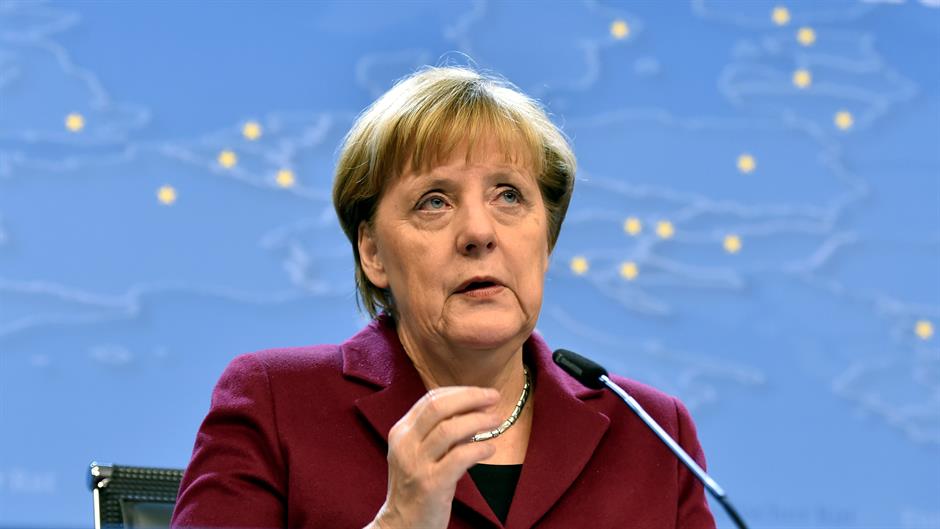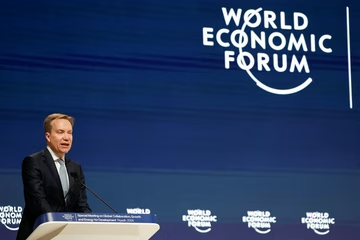
German Chancellor Angela Merkel was given two weeks on Monday to agree a new migration policy with European leaders or face a renewed rebellion from her own government that is threatening to bring her 13-year rule to an end.
The architect of the division is her interior minister, Horst Seehofer of the Christian Social Union (CSU) - the Bavarian sister party to Merkel's own Christian Democratic Union (CDU).
Seehofer last week defied Merkel to announce a tough new immigration policy that would see some asylum seekers turned away at the borders of Germany. He had suggested he could implement the proposals unilaterally, in defiance of both European regulations and the chancellor.
But Merkel announced on Monday the two parties have agreed that she will seek to reach bilateral agreements in the next two weeks with other European Union leaders to allow Germany to turn back asylum seekers at the border, and nullify any need for unilateral action.
On July 1, after the completion of a two-day EU summit, Merkel will meet with the CDU executive to discuss next steps, the chancellor said on Monday.
In a statement released on Monday, the CSU said that an immediate ban on entry will be implemented for people who have previously been refused residence in Germany and that further rejections would begin in two weeks if Merkel was unable to broker the desired agreements.
"The rejections will take effect from the first week of July at the latest if no effective results are achieved at the upcoming EU summit," they said.
Merkel insisted on Monday that the CSU and CDU have the same goal – to better control immigration – but that it was an issue that can only be resolved on the European level. She also acknowledged the difficulty of the task ahead: "I am under pressure now, and those who know Europe know that this is not easy."
Seehofer's "migration master plan," which Merkel last week refused to endorse, would see asylum seekers arriving at Germany's borders turned away if they have no identification papers, have already had an asylum claim rejected in Germany, or are already registered in another country in the EU - proposals that rights group say contravene European and international agreements.
Seehofer, whose party is more socially conservative than Merkel's, has long been a critic of the chancellor's immigration policies, particularly her decision to open Germany's borders at the height of the refugee crisis in 2015.
But after the pair agreed last October to try to limit Germany's refugee intake to 200,000 a year – a policy Seehofer had long called for and Merkel had previously ruled out – tensions seemed to fade.
Critics see Seehofer's manoeuvring as an attempt to burnish his party's right-wing credentials ahead of Bavarian state elections in October. The CSU lost thousands of voters to the far-right Alternative for Germany (AfD) party in federal elections last year, and is fearful of further losses.
Follow N1 via mobile apps for Android | iPhone/iPad | Windows| and social media on Twitter | Facebook.
Kakvo je tvoje mišljenje o ovome?
Učestvuj u diskusiji ili pročitaj komentare





 Srbija
Srbija
 Hrvatska
Hrvatska
 Slovenija
Slovenija



























































